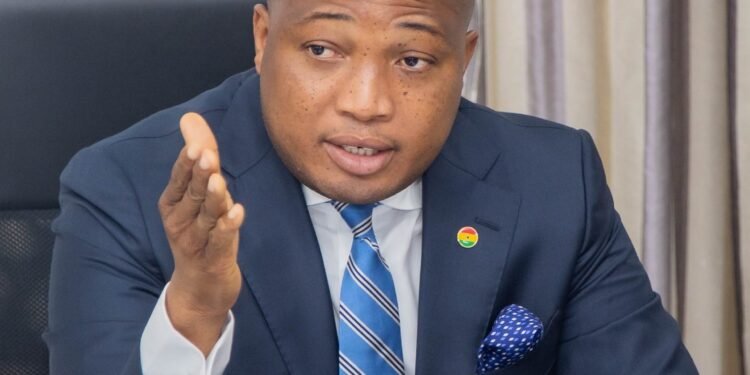A leading pollster has warned that if Nigel Farage’s Reform UK and the Conservative Party were to join forces, they could become “unassailable” in the next general election.
Michela Morizzo, chief executive of Techne UK, shared this analysis after her company’s latest weekly tracker poll revealed a near three-way tie among the leading political parties. Labour currently holds 25% of the vote (down one point), narrowly ahead of the Conservatives (down one) and Reform UK (up one), both at 24%.
If united, the combined centre-right vote of 48% could profoundly shift the UK’s political space. Meanwhile, the Liberal Democrats gained one point to reach 13%, and the Greens remained steady at 7%.
Morizzo’s remarks align with recent revelations from Ben Habib, the former deputy leader of Reform UK, who shed light on Nigel Farage’s broader strategy.

Speaking on the Popular Conservatism podcast, Habib explained that Farage’s ultimate goal is to force a merger or pact with the Conservatives by 2028.“Nigel’s aim is to set up the best possible negotiating position he can between now and 2028 for the Conservative Party,” Habib said.
“Take as many Conservative MPs, grassroots, members, candidates, councillors, whatever. Weaken the Tory party as much as he possibly can, get to 2028 and then he will try and do a deal. If he succeeds and gets very strong, he will do that deal from a position of strength.”
Ben Habib
Privately, allies of Farage have confirmed that he hopes to “engineer a reverse takeover” of the Conservative Party through Reform UK, using the party’s growing influence as leverage.
Labour’s Struggles Highlight Political Shift
The poll underscores a steep decline in support for Labour, which has dropped to 25%, just seven months after Sir Keir Starmer’s government took office. Morizzo described this drop as “almost unprecedented” for a governing party so early in its term.
“The Labour Party decline continues this week with Sir Keir Starmer’s party losing another point in national vote share. This in itself is an almost unheard-of low polling share for a governing party, particularly as it has only held power for just seven months.”
Michela Morizzo
The findings suggest that Labour’s decline stems from growing voter dissatisfaction and a perceived lack of direction. Morizzo noted that Kemi Badenoch, leader of the Conservative Party, is also struggling to present a compelling and unified vision for her party.
At the same time, Reform UK is gaining traction, pulling support from across the political spectrum. The poll revealed that 26% of voters who backed the Conservatives in 2024 now favor Reform UK, along with 14% of those who previously supported the Liberal Democrats.
The rise of Reform UK, coupled with the weakening of traditional parties, reflects a growing appetite for change among voters. Morizzo highlighted the potential impact of a unified centre-right vote.
“Finally, one must also note that the centre-right of the Conservatives and Reform UK, if placed together, hold an unassailable 48%. What will this scenario lead to? Only time will tell.”
Michela Morizzo
As Farage positions Reform UK as a formidable force, the possibility of a pact or merger with the Conservatives looms large. Such a move could reset the political landscape, creating a dominant bloc that reshapes the balance of power in Westminster.
For now, the three-way split underscores the uncertainty in British politics. Labour’s struggles, the Conservatives’ lack of clarity, and Reform UK’s growing influence signal a turbulent road ahead. The next election could mark a turning point, with the potential for a major realignment of political forces.
READ ALSO: Dr. Boakye-Danquah Calls on NPP Members to Stay Loyal























